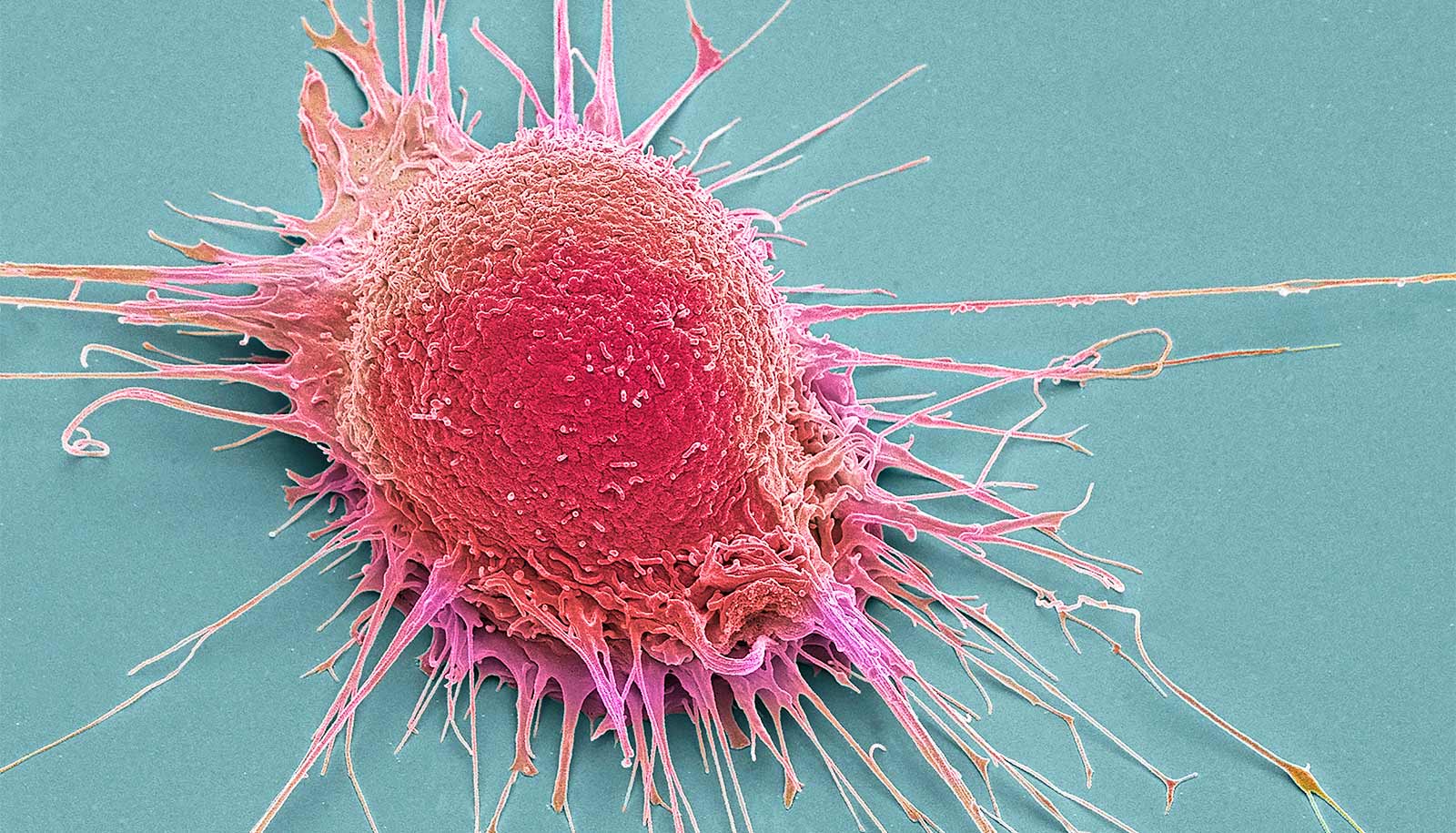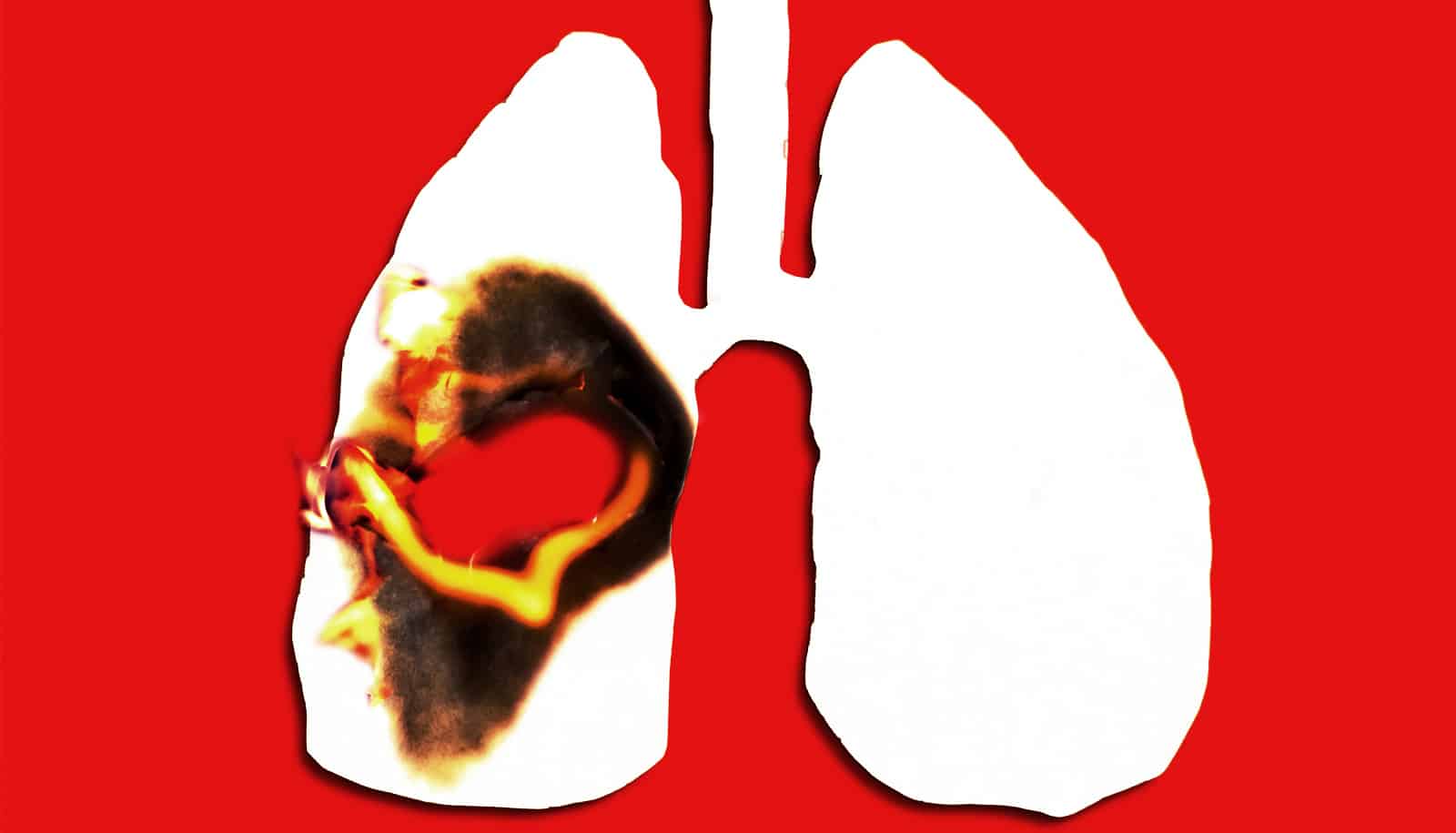In a new multicenter clinical trial, a personalized vaccine improved the survival rates of some people with the deadly brain cancer glioblastoma.
Currently, most people die less than 18 months after being diagnosed with the aggressive cancer.
The phase three trial included 331 patients at more than 80 sites in four countries. Researchers randomly selected patients to receive standard therapy plus the personalized vaccine, called DCVax-L, or standard therapy plus a placebo. Personalized vaccines are specifically tailored to individual patients.
According to the trial design, the vaccine group had twice the number of patients as the placebo group. Further, researchers allowed any patient in the trial to receive the vaccine if his or her cancer recurred or progressed after initial treatment. As such, almost 90 percent of all participants received the investigational vaccine.
“…30 percent of the patients have lived much longer than we would expect, given the typical course of this cancer.”
The trial is ongoing to allow for continued study of patients who are living beyond what is expected of those diagnosed with glioblastoma.
As of the analysis detailed in the study, all 331 patients in the trial (including those who did and did not receive the vaccine) had a median survival of just over 23 months. One hundred patients had an average overall survival of 40.5 months—more than three years—and were designated as “extended survivors.”
Investigators are particularly interested in the latter group’s response to the vaccine, though they don’t yet know whether everyone in this group received the vaccine since the trial is ongoing and remains blinded.
The continued blinding means neither the patients nor physicians know which patients are receiving the vaccine. But since the researchers reported that almost 90 percent of all participants received the vaccine at some point, the chances that the extended survivors are getting the vaccine, rather than placebo, are high.
“The overall patient population in the trial appears to live longer than we would typically see with current standard of care, and 30 percent of the patients have lived much longer than we would expect, given the typical course of this cancer,” says oncologist Jian Campian, one of the study’s authors and a Washington University assistant professor of medicine who treats patients at Siteman Cancer Center.
“In general, patients with this cancer live 15 to 17 months. The surprising part was that the 100 ‘extended survivors’ don’t appear to have the usual characteristics associated with a good prognosis. We are continuing to study these patients to understand why they have done so well.”
As reported in the Journal of Translational Medicine, the personalized vaccine researchers used was specific to each patient. After surgery to remove as much of the tumor as possible, researchers processed a small amount of tumor tissue and then exposed it to the same patient’s own immune cells, called dendritic cells.
Could time of day boost chemo for glioblastoma?
Exposure to the tumor material essentially trains the dendritic cells to seek out and destroy tumor cells. A vaccine injected into the arm returned these trained dendritic cells to the patient.
Patients need relatively few vaccinations: The first three are weeks apart; the next three are months apart; and then they continue with one vaccination every six months after the first year.
New method can predict chemo success with Doppler
The vaccine had very few side effects, especially compared with standard treatment for this cancer, which includes surgery, radiation, and chemotherapy. About 2 percent of participants (seven patients) experienced a serious adverse event—such as brain swelling or seizures—that may have been related to the vaccine, according to the researchers.
Northwest Biotherapeutics Inc., which makes the vaccine, and the UCLA SPORE in Brain Cancer funded the work.



